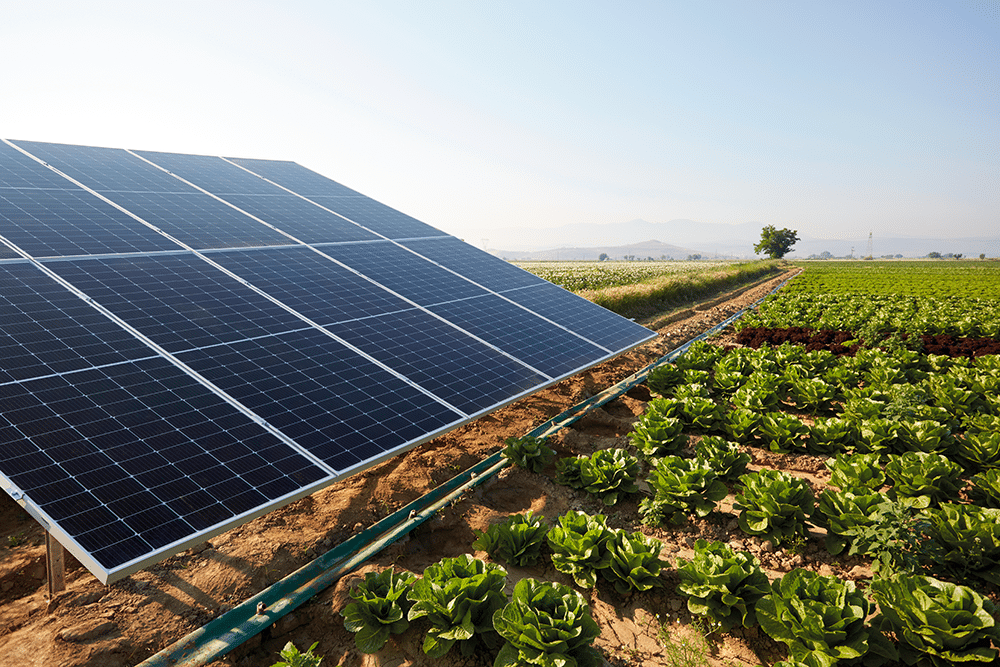Steevo
Member
- Location
- Gloucestershire
Read this article today by Brian Harvey of PFK Francis Clark (Accountants) and thought it was refreshing to hear of a professional advisor speaking in such a common sense way so decided to share it on here.
However, whilst there is general interest, to date take-up remains slow. Beyond the natural reluctance to be an early adopter, for many this comes down to finance.
The funds on offer from Defra’s Sustainable Farming Incentive scheme are not yet attractive enough. Whilst others are more appealing, they do not cover the lost Basic Payment Scheme income that has been available for a generation and, to be honest, has enabled the cheap food in the supermarkets that we have all taken for granted.
A large part of sustainable farming that perhaps is often missed is the need for the farming business itself to remain sustainable.
Any change in system entails costs and some bedding in. Whilst there is no reason why a regenerative farming practice cannot generate a surplus in time – I’ve seen cases where it has taken five years plus to make a profit – it is often time that farmers cannot afford. To put it bluntly, to farm green you have to be in the black.
The trend in recent years has been to commoditise food, and whilst some will be able to differentiate their products, not every dairy farmer can bottle their own milk and not every arable farmer can have their own farm shop.
For the most part, farmers are price takers and a combination of farm gate price pressures from processors and supermarkets and continued high and fluctuating input prices has seen already tight margins squeezed
Add to this reduced direct government support, additional legislative requirements and trade deals being signed that on the face of it disadvantage the sector, and it is not surprising that many are considering their longer term options. Some might commit their farms into long term environmental projects but what is clear to me is that the focus on cheap food poses a large risk to our food security.
I would have hoped that Covid, climate change and the Ukrainian war might have focused minds a bit more in relation to this.
The desire to keep our shelves filled with cheap food has seen products imported from countries with far lower animal welfare or environmental standards, which must be a concern. To a certain extent all we are doing is encouraging our farmers to consider the environment and take land out of production, and in doing so exporting the environmental impact elsewhere.
Surely environmentally it has to be sensible for food where possible to be locally sourced, especially where we have a competitive advantage, such as in grass-fed milk or beef with a much lower carbon footprint than importing from ranches in say Brazil, where the cattle are soya fed, maybe hormone enriched, and where the carbon footprint is much greater even before transportation.
Similarly, in Spain water is often pumped hundreds of miles across the country to irrigate crops in what is essentially a dust bowl, while eggs being imported from Italy are laid in cages that are banned in the UK. To me this is all utter madness!
In conclusion, I fundamentally believe in sustainable agriculture and the important role it has to play. Essentially, a lot of this is nothing new and for the most part going back to the way my grandfather and earlier generations would have farmed back in St Buryan in the first half of the 20th century.
It is all eminently sensible stuff and can be embedded into more modern farming techniques for the wider benefit of all. However, I do have concerns that to be farming in a sustainable way, you must first be farming.

 www.pkf-francisclark.co.uk
www.pkf-francisclark.co.uk
TO FARM GREEN YOU HAVE TO BE IN THE BLACK
- 7 November 2023
From A Food And Farming Perspective, The Country Is Facing A Dichotomy.
On the one hand, there is a growing movement towards ‘sustainable’ or ‘regenerative’ agriculture, with the focus being on improving soil health, water quality, ecology, biodiversity, and protecting and enhancing the overall environment. Government policy and direct support is now focused in this area. There are a growing number of initiatives, such as biodiversity net gain, carbon and woodland credits, which essentially are talking of land management rather than farming, with the focus being on the environment instead of food production and security.
On the other hand, there is a clear political agenda to keep food prices as low as possible, enhanced by the desire to keep inflation in check, regardless of the impact on producers.
To me, the question is can sustainable farming and cheap food coexist?
Ultimately, from my position as a trusted adviser to many agricultural businesses, the vast majority of farmers I speak to take their role as custodians of the countryside very seriously and are keen to seek opportunities to enhance this.However, whilst there is general interest, to date take-up remains slow. Beyond the natural reluctance to be an early adopter, for many this comes down to finance.
The funds on offer from Defra’s Sustainable Farming Incentive scheme are not yet attractive enough. Whilst others are more appealing, they do not cover the lost Basic Payment Scheme income that has been available for a generation and, to be honest, has enabled the cheap food in the supermarkets that we have all taken for granted.
A large part of sustainable farming that perhaps is often missed is the need for the farming business itself to remain sustainable.
Any change in system entails costs and some bedding in. Whilst there is no reason why a regenerative farming practice cannot generate a surplus in time – I’ve seen cases where it has taken five years plus to make a profit – it is often time that farmers cannot afford. To put it bluntly, to farm green you have to be in the black.
The trend in recent years has been to commoditise food, and whilst some will be able to differentiate their products, not every dairy farmer can bottle their own milk and not every arable farmer can have their own farm shop.
For the most part, farmers are price takers and a combination of farm gate price pressures from processors and supermarkets and continued high and fluctuating input prices has seen already tight margins squeezed
Add to this reduced direct government support, additional legislative requirements and trade deals being signed that on the face of it disadvantage the sector, and it is not surprising that many are considering their longer term options. Some might commit their farms into long term environmental projects but what is clear to me is that the focus on cheap food poses a large risk to our food security.
I would have hoped that Covid, climate change and the Ukrainian war might have focused minds a bit more in relation to this.
The desire to keep our shelves filled with cheap food has seen products imported from countries with far lower animal welfare or environmental standards, which must be a concern. To a certain extent all we are doing is encouraging our farmers to consider the environment and take land out of production, and in doing so exporting the environmental impact elsewhere.
Surely environmentally it has to be sensible for food where possible to be locally sourced, especially where we have a competitive advantage, such as in grass-fed milk or beef with a much lower carbon footprint than importing from ranches in say Brazil, where the cattle are soya fed, maybe hormone enriched, and where the carbon footprint is much greater even before transportation.
Similarly, in Spain water is often pumped hundreds of miles across the country to irrigate crops in what is essentially a dust bowl, while eggs being imported from Italy are laid in cages that are banned in the UK. To me this is all utter madness!
In conclusion, I fundamentally believe in sustainable agriculture and the important role it has to play. Essentially, a lot of this is nothing new and for the most part going back to the way my grandfather and earlier generations would have farmed back in St Buryan in the first half of the 20th century.
It is all eminently sensible stuff and can be embedded into more modern farming techniques for the wider benefit of all. However, I do have concerns that to be farming in a sustainable way, you must first be farming.

To farm green you have to be in the black - PKF Francis Clark
On one hand, there is a growing movement towards sustainable agriculture, On the other, there is a political agenda to keep food prices as low as possible.





